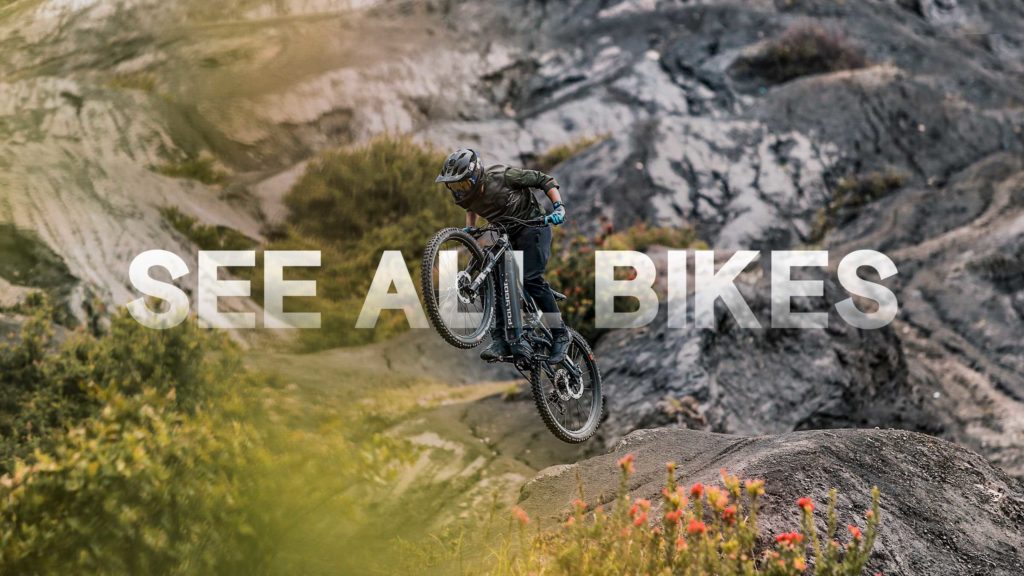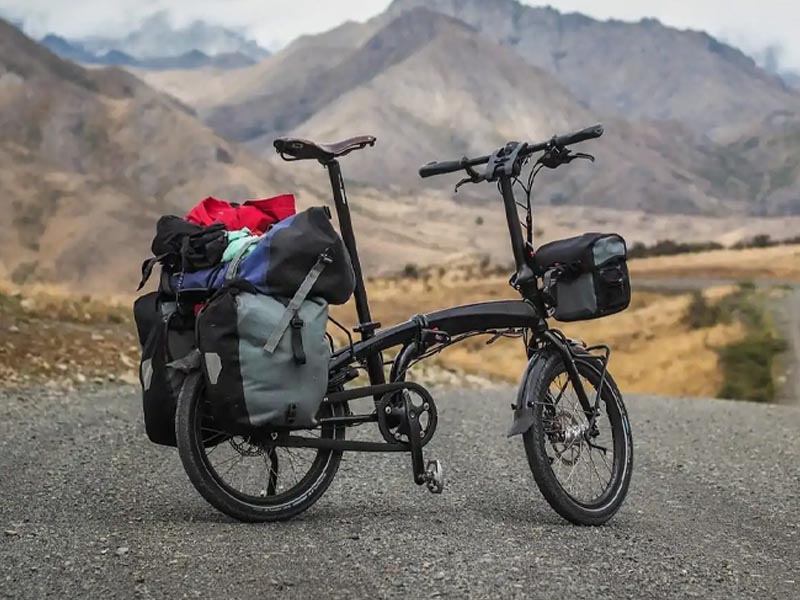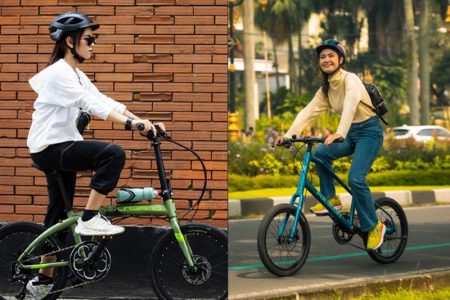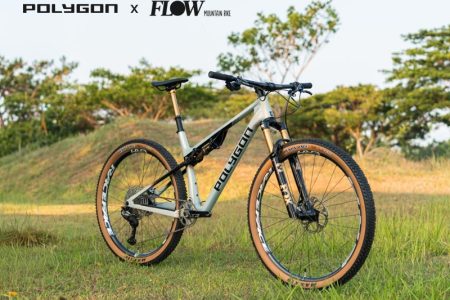June 30th, 2025 – When you picture a folding bike, the usual scene is zipping through bustling city streets, effortlessly hopping onto public transport, or neatly stashing it away under a desk.
While these urban conveniences are a folding bike’s advantages, here’s an intriguing fact: their capabilities extend far beyond the daily commute.
With the right preparation and mindset, your compact two-wheeler can absolutely take you on extensive journeys – yes, even proper long-distance bike tours.
More cyclists are discovering that a foldable bicycle can unlock unique touring possibilities. Not only can it handle extended rides, but it also offers a level of flexibility and convenience that traditional touring bikes may not.
Let’s explore how these compact bikes hold up on bigger adventures.
Can a Folding Bike Be Your Next Touring Companion? Absolutely!
Absolutely. Folding bikes can be great companions for touring. While they may not look as robust as gravel or hybrid bikes, they come with some appealing advantages.
One major benefit is affordability. Compared to gravel or hybrid touring models, folding bikes are often more budget-friendly, making them a practical entry point for first-time tourers. If your journey involves trains, buses, or flights, their compact foldability is a huge advantage.
Of course, planning and setup are key—but we’ll get to that soon.
How Folding Bikes Perform on Extended Journeys
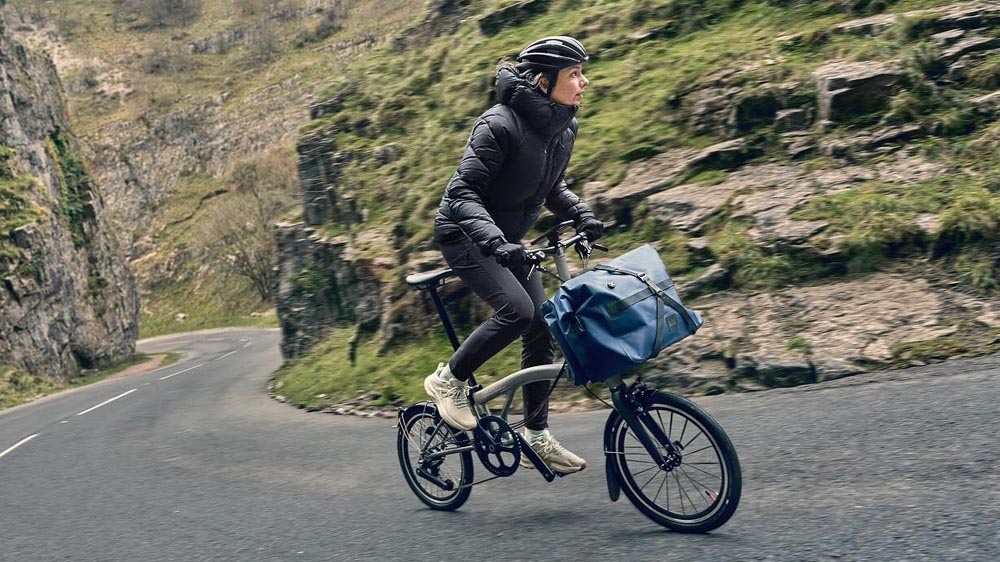
You might be wondering: sure, a folding bike can go the distance, but how does it actually handle the demands of long tours? Let’s break down their core performance aspects:
Built to Last with a Compact, Sturdy Frame
Today’s folding bikes are engineered with durable frames designed for extended use. Many are made from lightweight alloys, providing a solid balance of strength and portability.
Though the frame geometry may look different from standard tourers, it’s more than capable of supporting long-distance rides.
Nimble Handling for Urban and Varied Terrain
The smaller wheels characteristic of a folding bike can initially make the ride feel more responsive, or “twitchier,” compared to bikes with larger wheels.
However, many cyclists find that once accustomed to the steering, the handling becomes nimble and incredibly responsive – a distinct advantage in busy urban areas or tight sections of a route.
On smoother roads and dedicated bike paths, the ride remains perfectly comfortable over long distances.
Gearing to Keep You Rolling
Most contemporary folding bikes come equipped with capable gearing systems, often featuring 7 to 9 speeds, and sometimes even more. This provides a sufficient range for tackling rolling terrain and moderate climbs.
It’s worth noting, however, that you might find yourself exerting more effort on exceptionally steep hills compared to a dedicated touring bike, which typically boasts a much wider, lower gear range.
For tours on relatively flat to gently rolling landscapes, a foldable bike’s gearing generally performs admirably.
What Folding Bikes Do Well—And Where They Have Limits in a Tour?
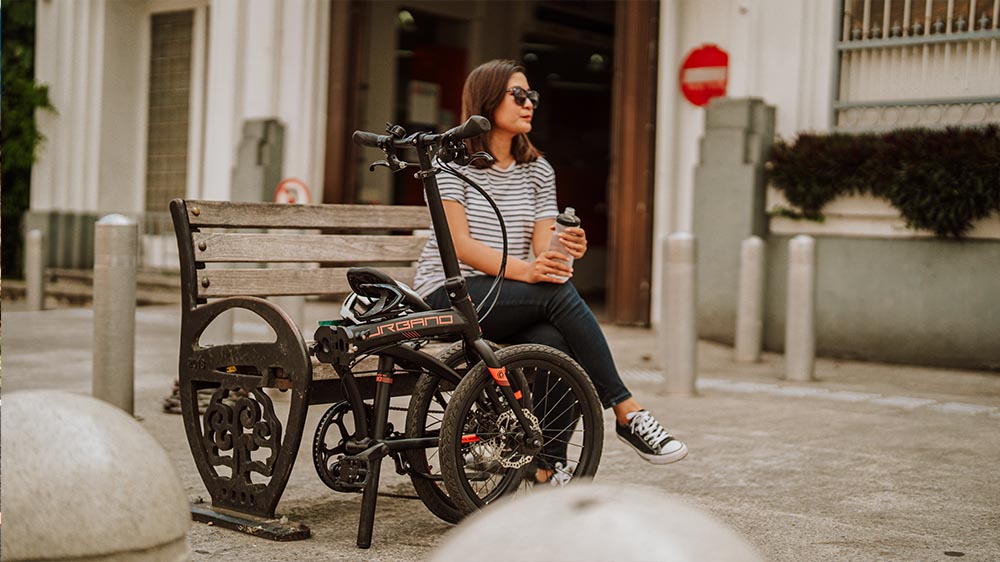
Considering a folding bike for your next long-distance tour is an excellent idea, but it’s important to set realistic expectations. While a foldable bicycle excels in many touring scenarios, it does have specific limitations.
Where a Folding Bike Excels:
- Great for Multi-Modal Travel: Need to combine cycling with trains or buses? No problem. Fold it up, board with ease, and avoid oversized baggage fees when flying.
- Customisable Comfort: Upgrade the saddle, grips, or tyres to make your ride smoother. With proper adjustments, long hours on paved routes can be surprisingly comfortable.
- Lightweight and Easy to Carry: Folding bikes are easier to carry, store, and wheel around. Perfect for stairs, small apartments, or quick transitions between rides and public transport.
Where a Folding Bike Faces Challenges:
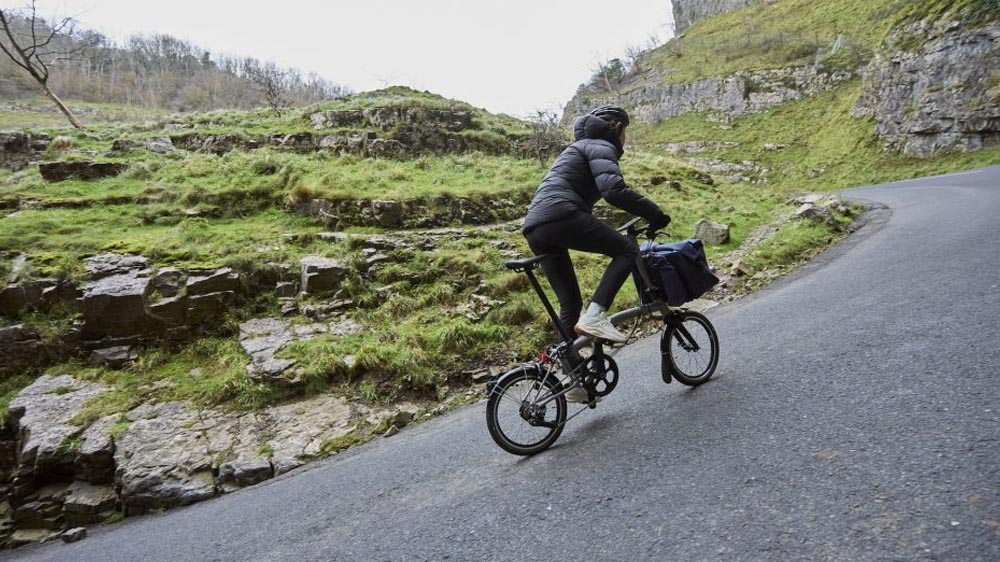
- Not Built for Rough Terrain: Compact wheels and frames aren’t designed for off-road conditions. Gravel, mud, and rocky paths will feel much harsher.
- Gearing isn’t Ideal for Climbing: Without wide-range gearing, steep hills may be more challenging. You’ll need to exert more effort on climbs.
- Less Stability at Speed: On steep descents or at high speeds, folding bikes may feel less planted than traditional touring models.
- Lower Load Capacity: Folding bikes aren’t made for carrying heaps of gear. Pack light, stick to essentials, and use minimalist bags or racks.
Is a Folding Bike the Right Choice for Your Next Tour?
A folding bike can be a smart choice for long-distance touring—if your route fits its strengths. Stick to paved roads, travel light, and enjoy the freedom of switching between cycling and other transport modes with ease.
They offer great value, exceptional convenience, and are perfect for cyclists seeking flexible, urban-friendly travel without the complexity of larger bikes.
However, if your dream tour involves mountain trails, heavy camping loads, or rugged descents, you may be better off with a gravel or hybrid touring bike.
Ready to begin your touring journey? Explore Polygon’s folding bike collection and start planning your compact, lightweight adventure today.
Read also: Commuter Bike Selection for Urban Areas


